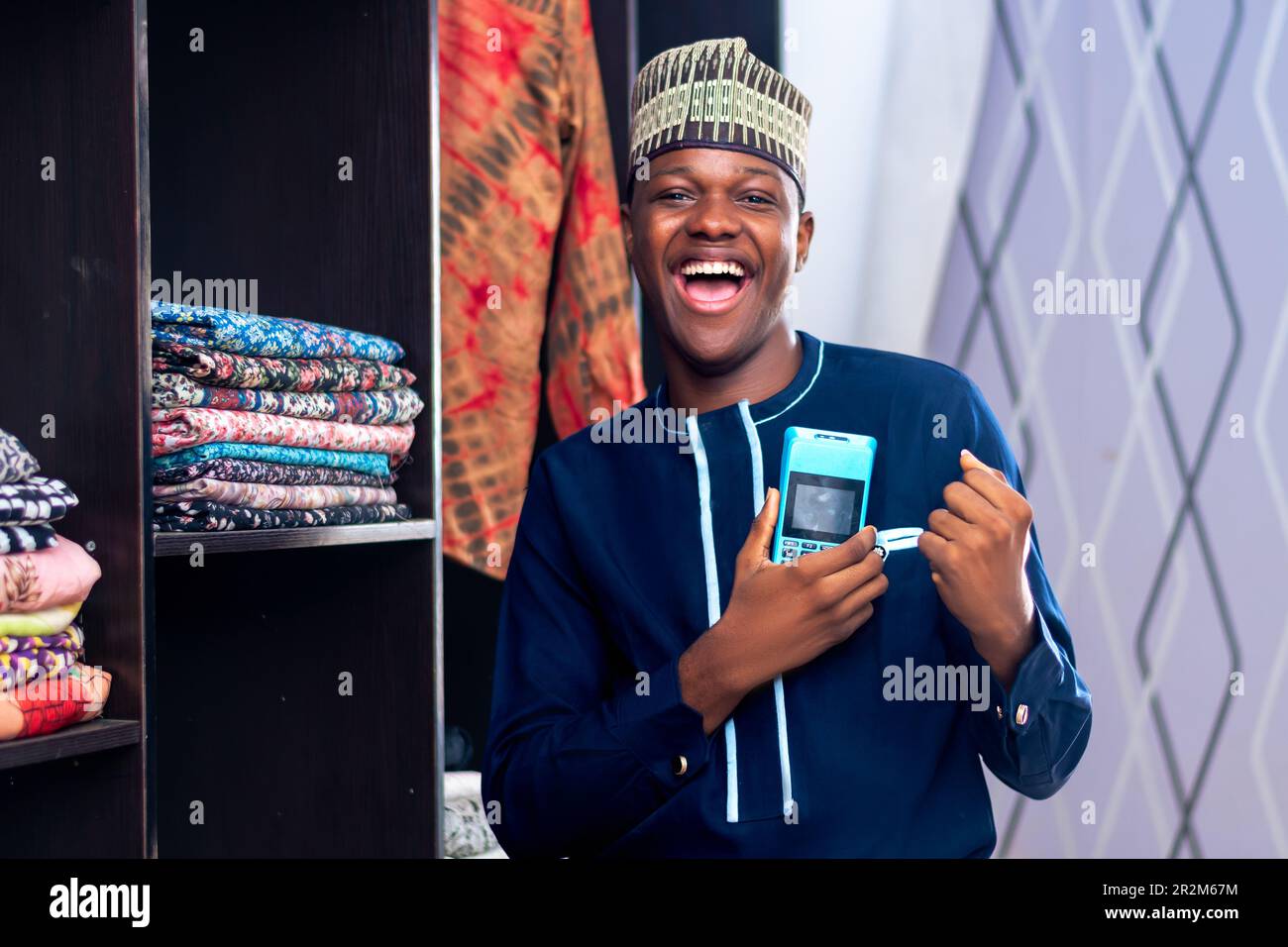African Selling Point: Discover The Hidden Gems Of Africa's Unique Market
When you think about African selling points, what comes to mind? Is it the vibrant culture, the rich history, or the unique products that tell a story? Well, buckle up because we're diving deep into what makes Africa's market so special. From handmade crafts to traditional textiles, there's a whole world waiting to be explored. And trust me, it's worth every second of your attention.
African selling points aren't just about selling goods; they're about sharing a piece of the continent's soul. Every item you find in African markets tells a story, whether it's the intricate beadwork of the Maasai or the bold patterns of West African batik. This isn't just commerce; it's culture in motion.
So, why should you care? Because understanding African selling points isn't just about shopping; it's about connecting with a rich heritage and supporting communities that have thrived for centuries. Let's explore why Africa's market is more than just a place to buy stuff – it's an experience.
Read also:Alejandro Vega The Rising Star Whos Taking The World By Storm
What Exactly Are African Selling Points?
Let's break it down. African selling points refer to the unique characteristics and qualities that make African products stand out in the global market. These aren't just random items; they're crafted with care, steeped in tradition, and often tell a story of resilience and creativity.
Think about it. When you buy a piece of African art or a handwoven basket, you're not just purchasing a product. You're investing in a piece of history, supporting local artisans, and helping preserve traditional skills. It's a win-win situation for everyone involved.
And let's not forget the diversity. From the colorful textiles of Morocco to the intricate carvings of Kenya, each region in Africa has its own selling point. This variety ensures that there's something for everyone, whether you're a fashionista, a home decor enthusiast, or just someone who appreciates good craftsmanship.
Why African Products Are a Must-Have
Here's the deal: African products aren't just trendy; they're meaningful. When you choose to buy African, you're making a statement. You're saying, "I value authenticity and I want to support communities that create beautiful things."
But it's not all about the feel-good factor. African products are also incredibly unique. Unlike mass-produced items, these are often one-of-a-kind pieces that add personality and character to your space. Imagine walking into a room with a vibrant African textile hanging on the wall. It's a conversation starter, for sure.
Plus, let's talk about sustainability. Many African products are made using eco-friendly materials and traditional techniques that have been passed down through generations. This means you're not only getting something special, but you're also contributing to a more sustainable future.
Read also:Alex Cox The Maverick Director Who Shaped Independent Cinema
Exploring the Diversity of African Markets
African markets are a treasure trove of diversity. Each country, and even each region, has its own unique selling points. Let's take a quick tour:
- Morocco: Known for its stunning ceramics, intricate mosaics, and luxurious rugs.
- Nigeria: Famous for its vibrant textiles, including Ankara and Adire fabrics.
- Kenya: Renowned for its beadwork, particularly from the Maasai and Samburu communities.
- Ghana: Home to the iconic Kente cloth and beautiful wooden carvings.
- Ethiopia: Offers exquisite coffee, leather goods, and traditional woven baskets.
And that's just scratching the surface. Each market has its own personality, and exploring them is like going on a journey through time and culture.
How African Selling Points Impact Global Markets
Let's get real. African selling points are making waves in the global market. Brands and designers from all over the world are taking notice and incorporating African elements into their collections. It's not just about aesthetics; it's about recognizing the value that African products bring to the table.
But it's not all smooth sailing. There are challenges, like ensuring fair trade practices and protecting intellectual property. That's why it's important for consumers to be informed and make conscious choices when purchasing African goods.
By supporting authentic African sellers, you're not only getting a great product, but you're also helping to empower communities and preserve cultural heritage. It's a powerful way to make a difference in the world.
Understanding the Cultural Significance
African selling points aren't just about the products; they're about the culture behind them. Each item is a reflection of the people who made it and the traditions they hold dear. For example, the colors and patterns in African textiles often have deep symbolic meanings, representing everything from family lineage to spiritual beliefs.
And let's not forget the craftsmanship. Many of these products are made using techniques that have been passed down for generations. This level of skill and artistry is something that can't be replicated by machines.
By appreciating the cultural significance of African selling points, you're not just buying a product; you're embracing a way of life. It's about understanding and respecting the stories behind the items you purchase.
Challenges Faced by African Sellers
Let's talk about the elephant in the room. While African selling points are incredible, there are challenges that sellers face. One of the biggest issues is access to global markets. Many African artisans struggle to reach a wider audience due to logistical and financial barriers.
Another challenge is competition from counterfeit products. Some unscrupulous companies try to capitalize on the popularity of African designs by producing cheap imitations. This not only undermines the value of authentic products but also hurts the communities that rely on selling them.
But here's the good news: there are organizations and initiatives working to support African sellers. From fair trade programs to online platforms that connect artisans with global buyers, there are ways to help level the playing field.
How You Can Support African Selling Points
So, how can you make a difference? It's easier than you think. Here are a few ways to support African selling points:
- Shop from authentic African sellers and platforms that prioritize fair trade.
- Learn about the products you're buying and the stories behind them.
- Spread the word! Share your favorite African finds with friends and family.
- Support initiatives that empower African artisans and promote sustainable practices.
By taking these small steps, you're making a big impact. You're helping to create a more equitable and sustainable global market while enjoying the beauty of African products.
Case Studies: Success Stories in African Selling Points
Let's look at some success stories that highlight the power of African selling points. Take, for example, a small cooperative in Kenya that specializes in beadwork. Through partnerships with international organizations, they've been able to expand their reach and improve the livelihoods of their members.
Or consider a Ghanaian fashion designer who has gained international recognition for her use of traditional Kente cloth in modern designs. Her success has opened doors for other African designers to showcase their talents on the global stage.
These stories show that with the right support and opportunities, African selling points can thrive in the global market. It's a testament to the creativity and resilience of African communities.
Subheading: Overcoming Barriers
Of course, success doesn't come without challenges. Many African sellers have had to overcome significant barriers to reach where they are today. From navigating complex export regulations to dealing with language barriers, the journey hasn't been easy.
But the determination and ingenuity of these sellers have paid off. They've found innovative ways to connect with customers, whether through social media, online marketplaces, or international trade fairs. It's a testament to their adaptability and drive.
The Future of African Selling Points
Looking ahead, the future of African selling points is bright. As more people become aware of the value and beauty of African products, demand is likely to increase. This presents an opportunity for African sellers to expand their reach and impact.
Technology will also play a key role in shaping the future. E-commerce platforms and digital marketing tools are making it easier for African artisans to connect with global audiences. This means more opportunities for growth and innovation.
But it's not just about selling more products. It's about creating a sustainable and equitable market that benefits everyone involved. By prioritizing fair trade practices and supporting local communities, we can ensure that African selling points continue to thrive for generations to come.
Conclusion: Why African Selling Points Matter
So, there you have it. African selling points aren't just about products; they're about culture, community, and connection. By supporting African sellers, you're not only getting something unique and beautiful, but you're also making a positive impact on the world.
Here's what we've learned: African selling points are special because they tell a story, they're sustainable, and they empower communities. Whether you're buying a piece of art, a textile, or a handmade basket, you're contributing to something much bigger than yourself.
Now, it's your turn to take action. Shop from authentic African sellers, learn about the products you're buying, and spread the word. Together, we can help African selling points shine on the global stage. So, what are you waiting for? Let's make a difference – one purchase at a time.
Table of Contents
- What Exactly Are African Selling Points?
- Why African Products Are a Must-Have
- Exploring the Diversity of African Markets
- How African Selling Points Impact Global Markets
- Understanding the Cultural Significance
- Challenges Faced by African Sellers
- How You Can Support African Selling Points
- Case Studies: Success Stories in African Selling Points
- Subheading: Overcoming Barriers
- The Future of African Selling Points


